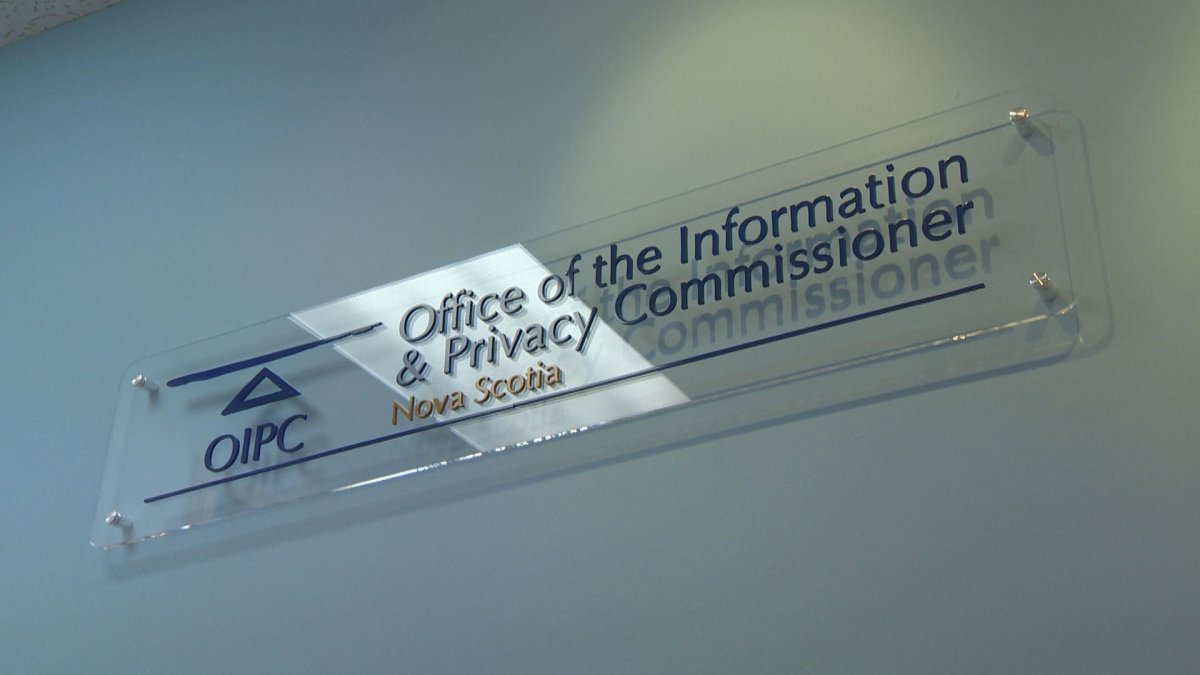Nova Scotia’s information and privacy watchdog released its annual report on Monday which concludes that the province needs to improve if it wants to become more accountable to its citizens.

Catherine Tully’s report rebukes the province’s current legal framework and points to that fact that the Freedom of Information and Protection of Privacy Act hasn’t been updated in 24 years as a reason why.
“In 1993 there were only 130 websites. Today there are one billion,” Tully writes in her report.
“The digital age is upon us and our laws are quite simply no longer up to the task.”
READ MORE: Nova Scotia information and privacy watchdog says access to information laws need strengthening
Critics of Nova Scotia’s privacy and information legislation point to the outdated laws as a reason to implement change. Fred Vallance-Jones, a University of King’s College professor and Freedom of Information expert, says that the report does suggest some modern reforms to the system but isn’t enough to change what is an already weak watchdog.
“Essentially the Nova Scotia information commissioner is one of the most powerless in the country,” he said.
Tully seems to admit as such in her report, stating that many departments are simply able to ignore anything she recommends.
One of the report’s 34 recommendations is to change the status of the office to an independent organization accountable to the legislature. Tully said it’ll make the government accountable and give her office more teeth.
She says it’s especially important since her office has been in high demand, investigating 310 files or 94 per cent more cases than when she arrived in 2014.
READ MORE: Nova Scotia’s new FOIPOP website welcomed, but ‘systemic problems’ persist: critics
Other recommendations include a move to remove the $5 fee for each application for information currently required by the province, and mandating a duty for all government officials to document their activities at all times.
It’s a situation that Vallance-Jones said is a problem, using an example of a sticky note to record information as a means to avoid documentation.
“If it disappears and is therefore not accessible, then when you request it under the act they can just say ‘we have no records,'” he said.
— With files from The Canadian Press
- Alberta to overhaul municipal rules to include sweeping new powers, municipal political parties
- Norad looking to NATO to help detect threats over the Arctic, chief says
- Grocery code: How Ottawa has tried to get Loblaw, Walmart on board
- Military judges don’t have divided loyalties, Canada’s top court rules




Comments